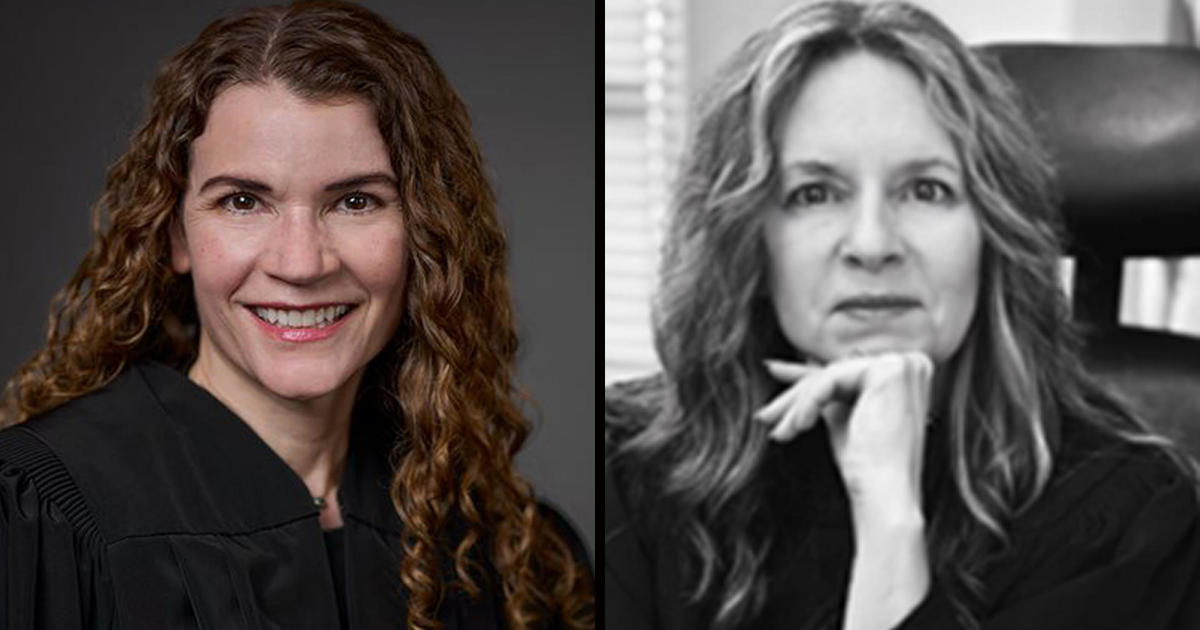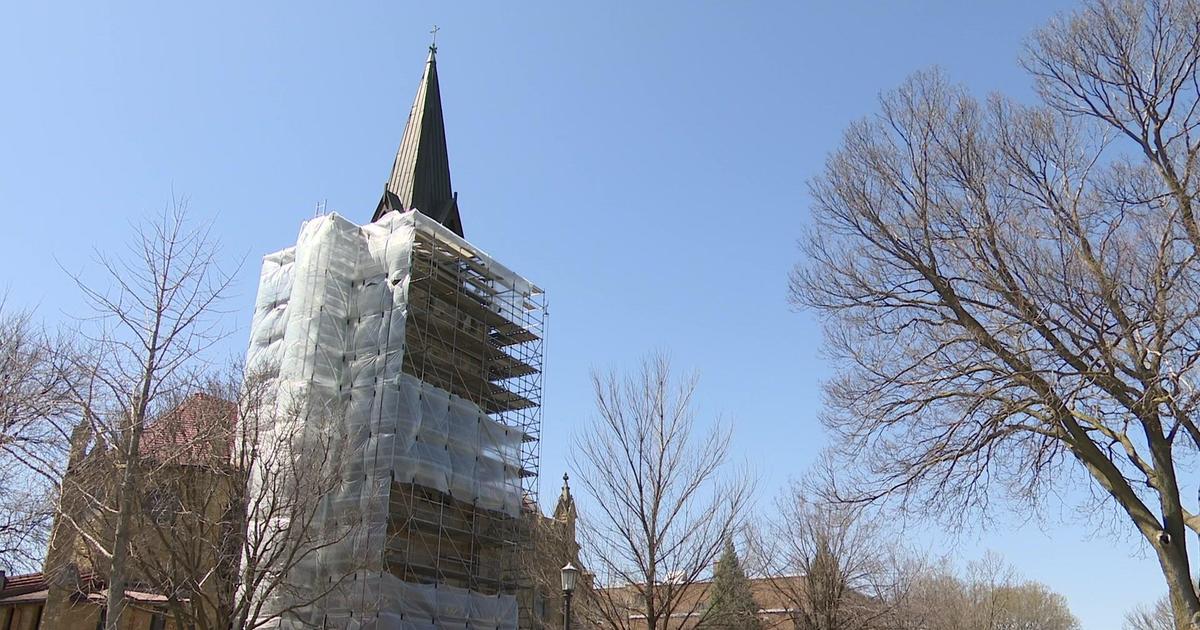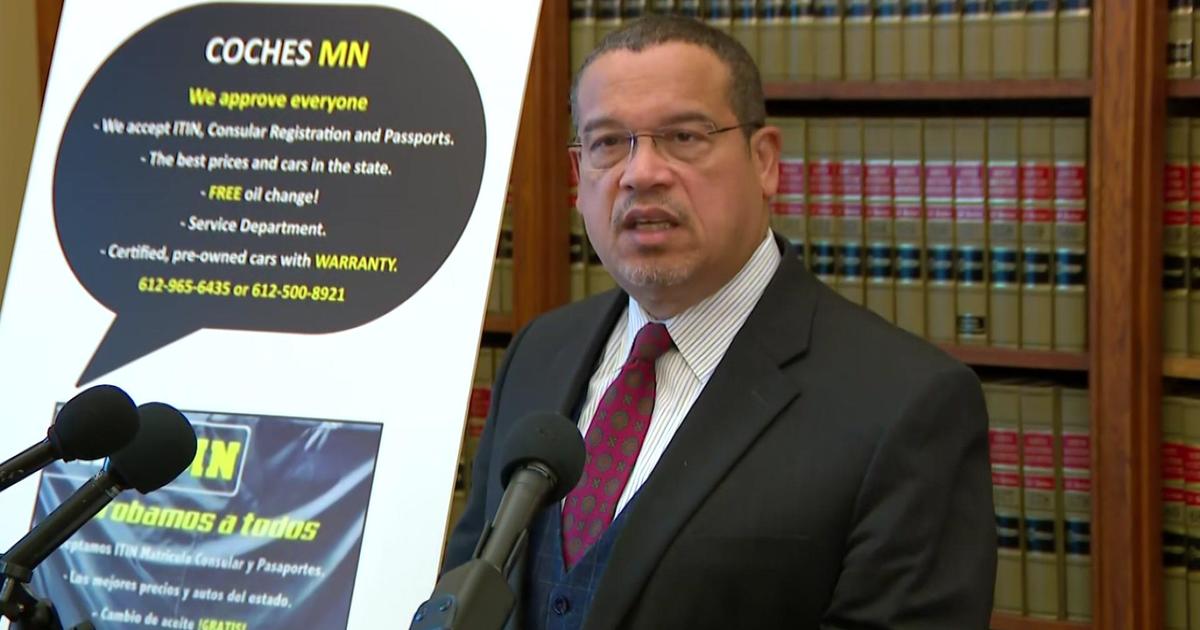1st Round In Minn. Redistricting Fight Arrives
ST. PAUL, Minn. (AP) -- State lawmakers clashed Tuesday over a GOP plan to redraw the lines of the state's legislative districts, with Democrats quick to note that members of their party face greater political consequences than Republicans under the first proposal released to set Minnesota's political map for the next decade.
The House Redistricting Committee approved the plan late Tuesday on a party-line vote of 7-5, after more than four hours of testimony and debate in a hearing that repeatedly grew testy. The proposal would result in 20 incumbent House members and six incumbent senators paired up into districts with another incumbent.
Redistricting follows the once-a-decade U.S. census and has major consequences for the prospects of both parties. Political boundaries are reconfigured to put roughly the same number of Minnesotans in each of the 134 House districts and 67 Senate districts. The Republican-controlled state Senate is introducing its own maps this week, likely to be similar to the House plan, and both chambers are expected later in the session to propose reconfigurations of the state's eight congressional districts.
More Democratic lawmakers are paired up than Republicans under the GOP proposal. Republicans said that's because the population grew more in areas they represent.
"The population growth isn't there in the areas held by Democrats," said Rep. Sarah Anderson, R-Plymouth, who assembled the proposal. Anderson said the proposal was guided by a goal of keeping cities, counties and areas of common interest confined to one district whenever possible.
But some Democrats saw politics at work.
"This map is blatantly partisan," said Rep. John Lesch, DFL-St. Paul, who under the GOP proposal would find himself living in the same district as a fellow St. Paul Democrat, Rep. Alice Hausman. "In terms of pairing people together, that's just a little 'gotcha."'
A spokeswoman for Gov. Mark Dayton said Tuesday that the Democrat would only sign a legislative plan that gets votes from members of both parties. With Democratic lawmakers crying foul, a Dayton veto of the GOP plan is likely, which would land the entire redistricting battle in court.
"That's where this always ends up anyway," Lesch said.
About 30 people testified in Tuesday night's House hearing, raising dozens of questions and complaints about specific details in the GOP plan. Testifiers raised concerns over new lines of division potentially splitting cities, towns, urban neighborhoods and minority and other interest groups. There were also complaints about the short time frame to digest the Republican proposal, which was made public about 24 hours prior to the hearing.
Of the 20 House members who would be in the same district, 10 are Democrats paired with a fellow Democrat. Another three Democrats wind up sharing districts with Republicans, and in a single case, two Republicans end up in the same district.
The proposal would also create 10 districts where no incumbent legislator currently resides. Those would be in St. Paul, Rochester, Plymouth, Burnsville and Lakeville, Prior Lake, Blaine, Coon Rapids, Sherburne County, St. Michael and Otsego, and Wadena and surrounding areas.
In the Senate, four Minneapolis Democrats end up in two districts, and in southwestern Minnesota a Democrat and a Republican end up in the same district. It would create three new Senate seats -- one in Minneapolis, one in Bloomington and one in the Northfield-Faribault area.
Rep. Frank Hornstein, DFL-Minneapolis, said he wasn't too concerned to end up in the same district as his fellow Minneapolis Democrat, Rep. Marion Green.
"At this point I don't feel like I have a lot of control over it," Hornstein said. "There's a lot of things we're dealing with right now that are much more important than my political career, and if I have to make a decision about this at some point, I'll worry about it then."
Lesch said the new, open St. Paul seat proposed in the GOP plan would be comprised of nearly 80 percent of his current district. He said if that part of the proposal were to survive, he would most likely move about a mile from his current home to be in the new district. "It sucks, but it's the price of doing business," Lesch said.
Still, most of the Democrats who get paired in the GOP proposal said they wouldn't be doing worrying much -- at least not yet.
"There's so many different scenarios, so many ways this could play out," Hornstein said.
(© Copyright 2011 The Associated Press. All Rights Reserved. This material may not be published, broadcast, rewritten or redistributed.)



